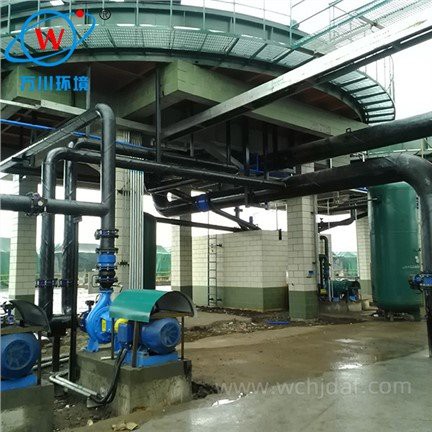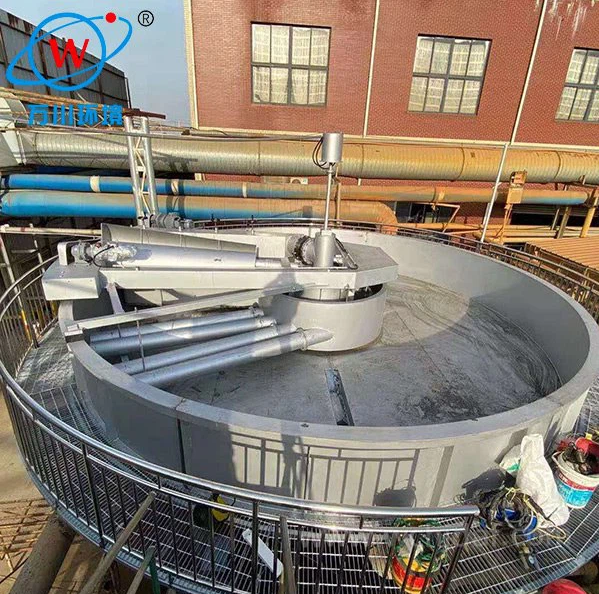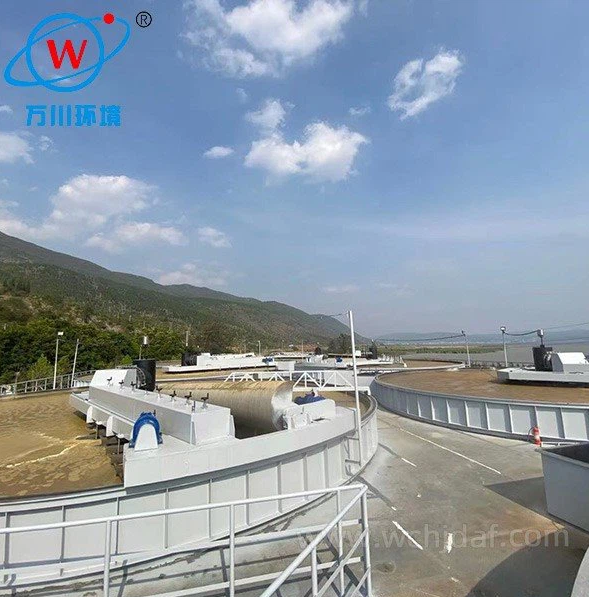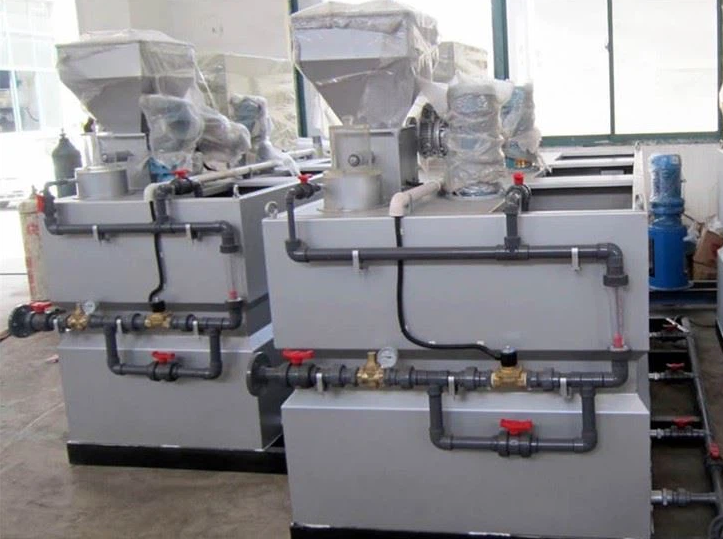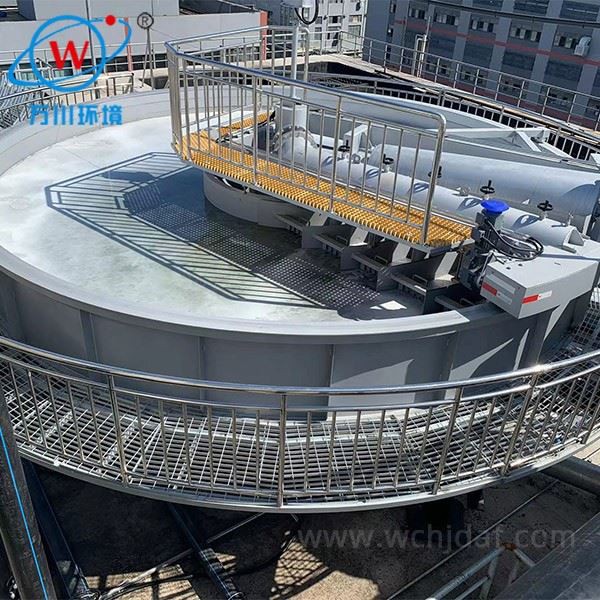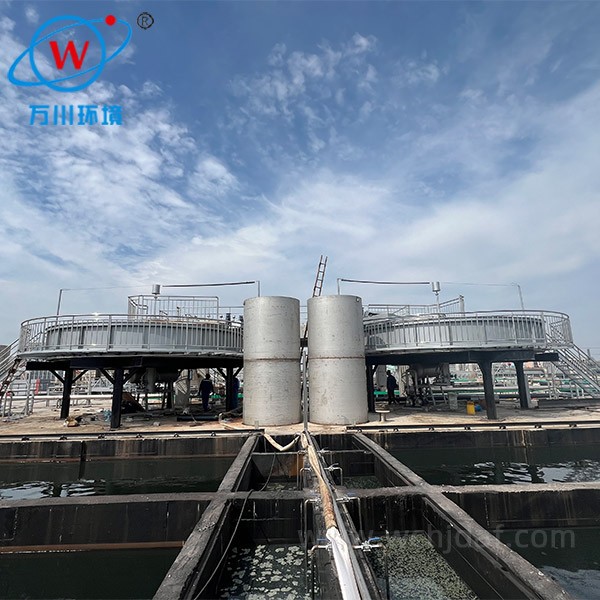Effect on Reagent Reactivity
- Low temperature reduces the chemical reactivity of the collector, slowing its binding rate with the target ions
- Collector's molecular motion slows, reducing the frequency of collisions with ions
- Decrease in the efficiency of hydrophobic complex formation
- Solubility of some reagents decreases at low temperatures, potentially leading to crystallization or precipitation
- Direct impact on pollutant capture and inhibition of separation efficiency
Effect on Bubble Generation and Stability
- Low temperature alters the physical properties of water, increasing its viscosity
- Hinders bubble generation and diffusion
- Bubble generators may produce larger bubbles at low temperatures with slower rising speed
- Reduced dispersion uniformity despite prolonged contact time with pollutants
- Reduced surface activity of bubbles makes them more likely to coalesce or break
- Reduction in effective adsorption area weakens the core function of flotation separation
Impact on Scum Formation and Separation
- Low temperatures increase the viscosity of scum, resulting in a looser structure and reduced stability
- Scum becomes prone to breaking up during scraping and re-entering the water
- Water in the scum is difficult to separate, increasing its moisture content and bulk
- Increased burden of subsequent handling
- Slowed scum rise prolongs separation time
- Potential for incomplete separation in high-speed equipment
Impact on Equipment Operation
- Low temperatures can cause frost or freezing on equipment pipes or valves
- Impacts the flow and stability of chemical delivery
- Transmission components lose their lubrication effectiveness at low temperatures
- Operational stalls and reduced efficiency of auxiliary equipment such as scraping equipment
- Combined effects of low temperatures and chemical exposure increase corrosion risk on metal parts
- Impacts long-term stable operation of the system
Indirect Impact on Water Quality
- Low temperatures alter the pH and ionic strength of water
- Affects the contaminant's presence in the water
- Some ions may form more stable dissolved states, making them more difficult to capture by collectors
- Inhibition of microbial activity in the water
- Increased difficulty in pretreatment if raw water contains biological impurities
- Indirectly affects the influent quality of the flotation system
- Further reduction in overall treatment effectiveness

